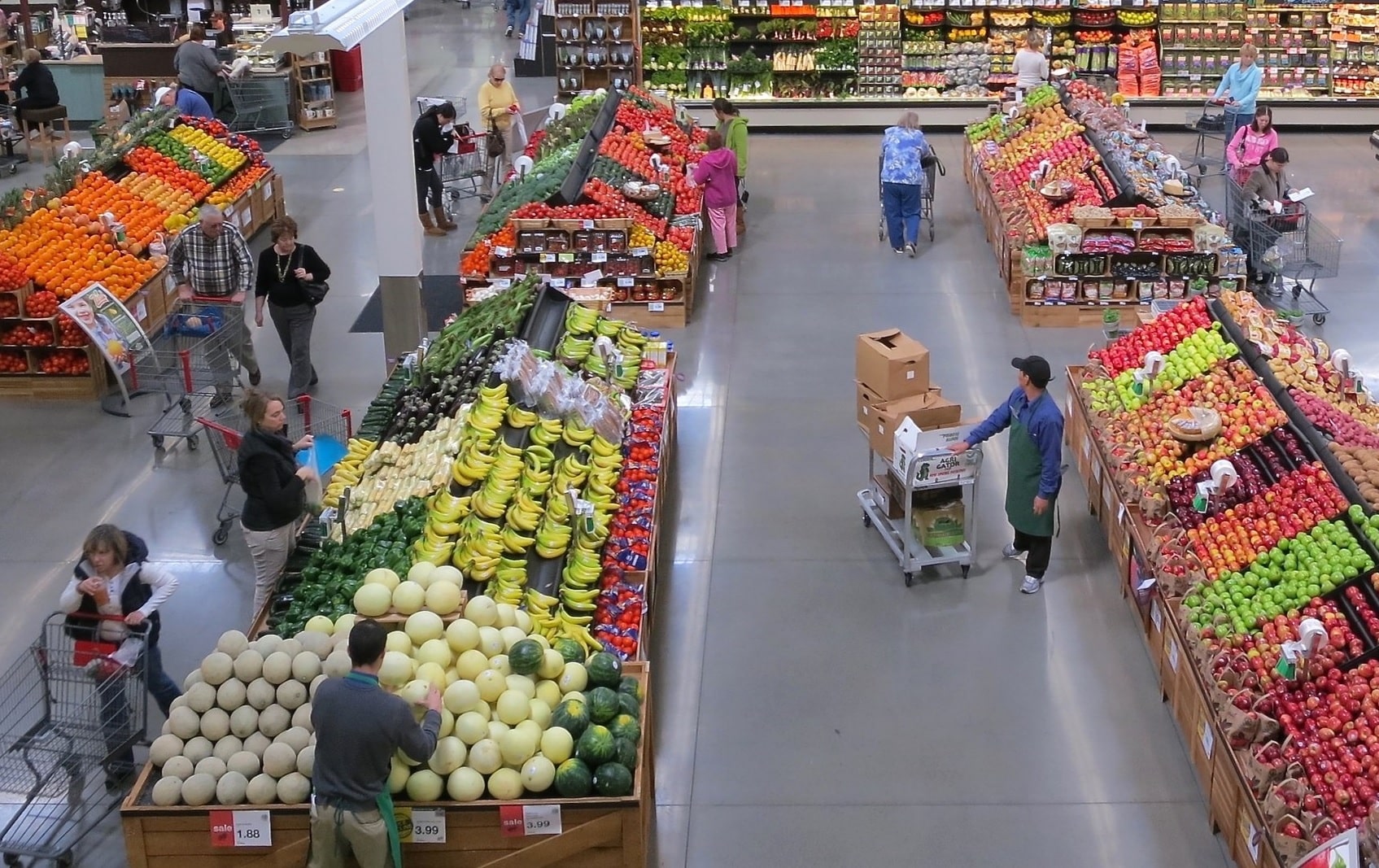
Prices are rising, but coupon use is declining. And nobody seems to know exactly why.
So has anyone thought to actually ask shoppers why they’re shunning coupons? Researchers in Canada did. And what they found is that some barriers to coupon use are unique to Canada, while others could apply just about anywhere.
The Agri-Food Analytics Lab at Nova Scotia’s Dalhousie University has released results from a new survey, about six months after a previous survey found that rising prices led two out of five Canadians to change their shopping behavior by, among other things, looking for more coupons.
That seemed to suggest that couponing, which has never been as big in Canada as it is the U.S., was ready for its moment in the spotlight.
Six months later? Not so much.
“The couponing culture in Canada is undeveloped, which doesn’t give consumers more opportunities to save when food prices are rising,” Agri-Food Analytics Lab director Dr. Sylvain Charlebois said in a statement. “Canadians either feel using coupons has too many restrictions in Canada, or that savings are not that interesting for them.”
Compared to six months ago, only 15% of Canadians say they’re using coupons more often now. 33% are using them about as often as they were before. And 45% – nearly half of all shoppers in the country – never use coupons at all.
So the researchers asked shoppers why they’re not using more, or any, coupons. 68% said they would, if coupons were more available for products they want to buy. 49% believe coupons have too many restrictions. And 45% think the savings from most coupons just aren’t worth the effort.
Many Canadians are looking to the U.S. with a bit of coupon envy. “One advantage American consumers have in their savings toolbox that Canadians lack is an incredibly sophisticated couponing industry,” Charlebois wrote in a corresponding column published in the Toronto Sun. “Most households in the U.S. will receive numerous coupons every week. They are literally everywhere. Since the start of the pandemic, promotions in Canada, including coupons, are incredibly hard to find.”
But even American coupons aren’t as good as they used to be. In a recent look at declining coupon redemption figures, Vericast found that the face value of coupons isn’t keeping up with inflation, a growing number of coupons require multiple purchases, and coupons for food – which most shoppers say they prefer – are rarer than ever. So American shoppers, just like their Canadian counterparts, think coupons don’t provide enough savings, they have too many restrictions, and they aren’t available for what shoppers want to buy.
In Canada, though, it’s not just the coupons themselves that are often unappealing. It’s the retailers’ coupon policies. While American shoppers can often combine a store coupon and a manufacturer’s coupon, for example, coupon stacking is unavailable to most Canadian shoppers. “And often, coupons cannot be used for already discounted food items,” the report noted.
There’s one additional barrier that may be uniquely Canadian – many shoppers there feel that using coupons just isn’t polite. “38% do not like using coupons at the grocery store because it holds up the line at the checkout,” the report found.
But these days, Canadians appreciate savings as much as anyone. And if those savings come in the form of convenient, valuable, relevant coupons, Canadians are willing to give them a try. “With the lack of tools to save, Canadians are somehow held hostage by food inflation,” Charlebois wrote. “It’s time for the Canadian food industry to up its couponing game.”
With prices rising, deep discounts less prevalent, and shoppers’ grocery budgets increasingly stretched, some relevant, well-timed, useful coupons would be most welcome right about now. And that’s something Canadian and Americans shoppers alike can agree on.
Image source: Dean Hochman










